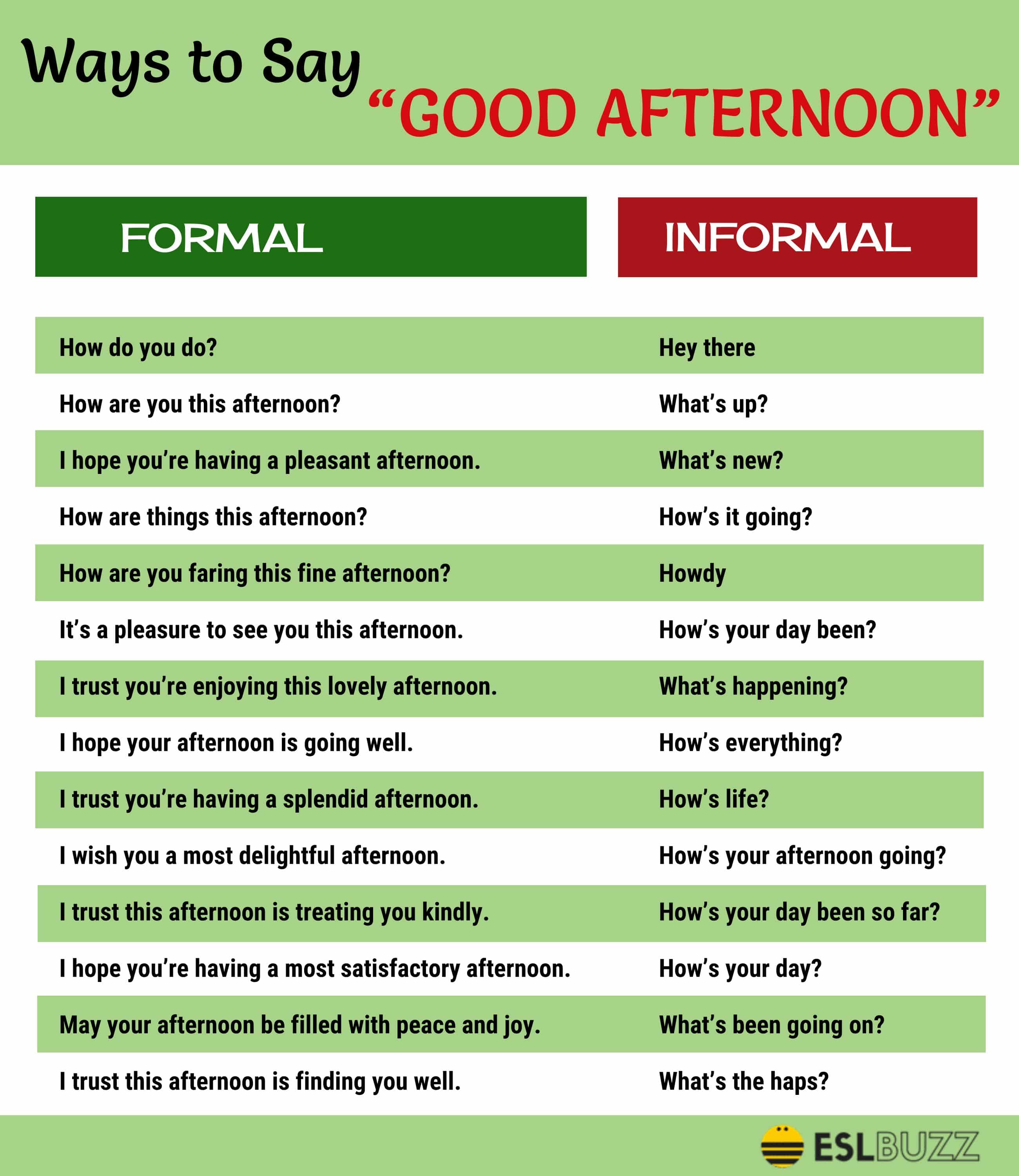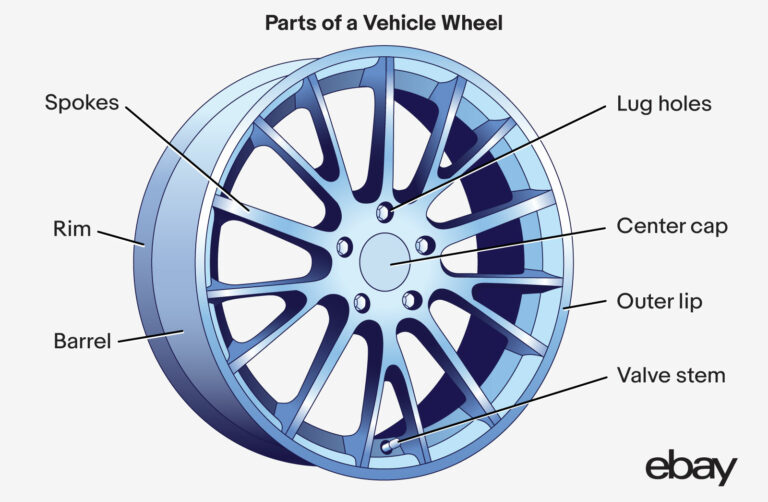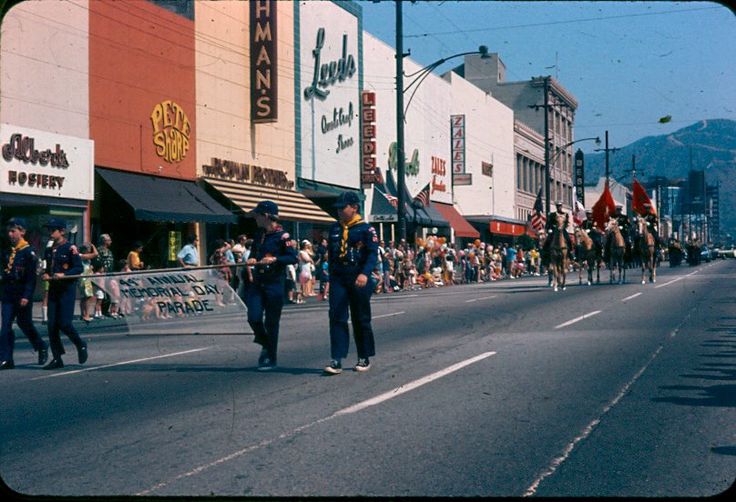Good Car Amplifier Brands: Powering Your Perfect Car Audio Experience
Good Car Amplifier Brands: Powering Your Perfect Car Audio Experience cars.truckstrend.com
The roar of an engine, the hum of the road, and the beat of your favorite song – for many, the car isn’t just a means of transport; it’s a personal concert hall on wheels. While a good set of speakers is essential, the unsung hero behind truly transformative in-car audio is the amplifier. Far more than just making music louder, a quality car amplifier breathes life into your sound system, providing the clean, robust power necessary for crisp highs, clear mids, and thumping bass without distortion. Choosing the right amplifier from a sea of options can be daunting, but understanding what makes a "good car amplifier brand" is the first step towards an unparalleled listening experience on the road.
Why a Good Car Amplifier Matters: Beyond Just Volume
Good Car Amplifier Brands: Powering Your Perfect Car Audio Experience
Many factory car stereos are designed for simplicity and cost-effectiveness, not high-fidelity sound. They often lack the power to drive aftermarket speakers or subwoofers to their full potential, leading to muddy sound, premature speaker damage (due to clipping from underpowering), and a general lack of dynamic range.
A good car amplifier, on the other hand, provides:
- Clean Power: Delivering consistent, undistorted power to your speakers, allowing them to reproduce sound accurately at any volume.
- Enhanced Clarity and Detail: With adequate power, speakers can respond more precisely to audio signals, revealing nuances in your music you might never have heard before.
- Deeper, Tighter Bass: Subwoofers, especially, demand significant power. A dedicated amplifier ensures they deliver impactful, controlled bass rather than muddy thumps.
- System Longevity: By providing the right amount of power, an amplifier prevents your head unit from working too hard and your speakers from being damaged by clipped signals.
- System Expandability: Amplifiers are the foundation for building a truly custom car audio setup, allowing you to add more powerful speakers, subwoofers, and advanced signal processing.

In essence, a good car amplifier brand understands that power is only one part of the equation; quality, efficiency, reliability, and sound fidelity are equally crucial.
Key Factors to Consider When Choosing an Amplifier
Before diving into specific brands, it’s vital to understand the technical aspects that differentiate a good amplifier.
- Power Output (RMS vs. Peak): Always look at RMS (Root Mean Square) power, which is the continuous power an amplifier can deliver. Peak power is a momentary burst and is largely irrelevant for sustained performance. Match the amplifier’s RMS output to your speakers’ RMS power handling.
- Channels:
- Mono (1-channel): Ideal for powering a single subwoofer.
- 2-Channel: Perfect for powering a pair of full-range speakers or a single subwoofer (when bridged).
- 4-Channel: Most common for powering two pairs of full-range speakers (front and rear) or one pair of speakers and a bridged subwoofer.
- 5-Channel/Multi-Channel: A versatile option, typically powering four speakers and a dedicated subwoofer channel. Great for an all-in-one solution.

- Amplifier Class (Efficiency):
- Class A/B: Known for excellent sound quality but less efficient, generating more heat and requiring larger chassis. Good for mid-range and highs.
- Class D: Highly efficient (often 80-90%), compact, and generate less heat. Excellent for subwoofers and increasingly common for full-range applications due to advancements in sound quality.
- Frequency Response: The range of frequencies an amplifier can reproduce. A wider range (e.g., 20Hz – 20kHz) indicates better fidelity.
- Signal-to-Noise Ratio (SNR): Measured in dB, a higher SNR (e.g., >90dB) means less background hiss and a cleaner audio signal.
- Total Harmonic Distortion (THD): Represents unwanted noise or distortion added to the audio signal. A lower THD percentage (e.g., <0.1%) indicates cleaner sound.
- Impedance Matching: Ensure the amplifier’s stable impedance (ohms) matches or is lower than your speakers’ impedance. Most car speakers are 4-ohm, but some subwoofers can be 2-ohm or 1-ohm stable.
- Built-in Crossovers and Filters: High-pass filters (HPF) send only high frequencies to full-range speakers, protecting them from bass. Low-pass filters (LPF) send only low frequencies to subwoofers. Band-pass filters (BPF) combine both.
- Remote Bass Control: A convenient feature for adjusting subwoofer levels on the fly.
- Size and Heat Dissipation: Consider where you’ll mount the amp and ensure it has adequate ventilation. Class D amps are generally more compact.
- Reliability and Warranty: A good brand stands behind its products with a decent warranty and a reputation for durability.

Good Car Amplifier Brands: A Comprehensive Overview
Here’s a look at some of the most reputable and reliable car amplifier brands, catering to various budgets and audiophile preferences:
High-End & Audiophile Grade:
- JL Audio: Renowned for their uncompromising sound quality, innovation, and robust build. JL Audio amplifiers (like the HD, XD, and RD series) are known for delivering clean, detailed power across the entire frequency spectrum. They are often considered a benchmark for high-fidelity car audio.
- Audison/Hertz (Elettromedia): Italian brands synonymous with premium sound and exquisite engineering. Audison amps (e.g., Voce, Thesis) offer incredible sonic accuracy, advanced processing, and sophisticated designs, often preferred by serious audiophiles. Hertz, while also premium, often offers a slightly more "lively" sound signature and excellent value for their performance.
- Mosconi: Another top-tier Italian brand, Mosconi amplifiers are celebrated for their exceptional sound clarity, low distortion, and advanced digital signal processing (DSP) capabilities, often integrated directly into the amplifier.
Performance & Value Leaders:
- Rockford Fosgate: A legendary name in car audio, Rockford Fosgate amps are known for their raw power, rugged reliability, and signature "punch" especially in the bass department. Their Punch and Power series are iconic, offering great performance for both SPL (Sound Pressure Level) and sound quality applications.
- Alpine: Alpine consistently delivers a balance of excellent sound quality, reliable performance, and user-friendly features. Their PDX series (Class D) are remarkably compact and powerful, while the V-Power series offers great value. Alpine amps are a solid choice for a well-rounded system.
- Kicker: Specializing in powerful bass and robust performance, Kicker amplifiers are a go-to for those who love impactful low frequencies. Their KX and CX series offer a wide range of options, known for their durability and ability to drive demanding subwoofers.
- Pioneer: A household name in electronics, Pioneer offers a wide range of car amplifiers from entry-level to high-performance. They provide reliable power, good features, and a balanced sound signature, making them a popular choice for upgrades.
- Kenwood: Similar to Pioneer, Kenwood provides dependable amplifiers across various price points. They are known for their solid build quality, consistent performance, and good feature sets, offering excellent value for everyday listeners.
- Infinity/JBL (Harman International): Part of the Harman Kardon group, Infinity and JBL amplifiers offer impressive sound quality and power for their price point. They often leverage shared technologies and are known for producing clear, dynamic sound with good bass response.
Compact & High SPL (Sound Pressure Level):
- Sound Digital / Taramps: These Brazilian brands have gained immense popularity for their incredibly compact, high-power Class D amplifiers, often used in extreme SPL competition setups. While some focus heavily on sheer output, newer models offer improved sound quality, making them viable for more mainstream applications where space is at a premium.
Practical Advice for Choosing the Right Amplifier
- Match Your Components: The most crucial tip is to match your amplifier’s RMS power output to your speakers’ and subwoofer’s RMS power handling. Underpowering can cause clipping, which damages speakers, while vastly overpowering can also lead to damage if not managed carefully.
- Consider Your Listening Preferences: If you’re a bass-head, prioritize a powerful mono or multi-channel amp with a strong subwoofer channel. If you crave clarity and detail, focus on brands known for sound quality and low THD.
- Budget Realistically: Car audio can be an expensive hobby. Set a budget and research the best options within that range. Remember to factor in installation costs, wiring kits, and potential electrical system upgrades.
- Wiring Matters: A good amplifier needs good wiring. Invest in a high-quality amplifier wiring kit with appropriate gauge power and ground wires, as well as good RCA interconnects. Poor wiring can lead to noise, overheating, and performance issues.
- Professional Installation vs. DIY: While DIY installation is possible for experienced enthusiasts, professional installation ensures proper wiring, grounding, gain setting, and system tuning, maximizing performance and longevity.
- Don’t Forget the Electrical System: High-power amplifiers draw significant current. For larger systems, you might need to upgrade your car’s battery, alternator, or wiring to prevent voltage drops and ensure consistent power delivery.
Challenges and Solutions
- Overheating:
- Challenge: Amplifiers can overheat if improperly mounted, if the gain is set too high, or if they’re forced to operate at too low an impedance.
- Solution: Ensure proper ventilation, mount the amp in a cool, dry place, set the gain correctly, and verify impedance matching.
- Noise/Interference:
- Challenge: Hissing, whining, or popping sounds can occur due to poor grounding, cheap RCA cables, or power wire running too close to signal wires.
- Solution: Use high-quality twisted-pair RCA cables, ensure a solid, short ground connection to bare metal, and run power wires on one side of the car and signal wires on the other.
- Clipping (Distortion):
- Challenge: When an amplifier tries to produce more power than it’s capable of, it "clips" the waveform, sending a distorted, square wave to the speakers, which can cause damage.
- Solution: Properly set your amplifier’s gain using a multimeter or an oscilloscope. Never use the gain knob as a volume control. It should be set to match the output voltage of your head unit.
Good Car Amplifier Brands: Example Pricing Table
Please note: Prices are approximate and can vary significantly based on model, retailer, promotions, and new/used condition. This table provides a general idea for popular models.
| Brand | Model Example | Type | RMS Power (4Ω/2Ω per channel) | Typical Price Range (USD) | Key Feature/Strength |
|---|---|---|---|---|---|
| JL Audio | RD900/5 | 5-Channel | 75W/100W x 4 + 250W/500W x 1 | $550 – $750 | Pristine sound, compact, reliable power |
| Rockford Fosgate | Punch P300X1 | Mono (Sub) | 200W/300W x 1 | $180 – $250 | Punchy bass, robust build, good value |
| Alpine | S-A32F | 4-Channel | 50W/80W x 4 | $250 – $350 | Balanced sound, compact, easy integration |
| Pioneer | GM-D8701 | Mono (Sub) | 300W/500W x 1 | $150 – $220 | Solid bass, affordable, reliable Class D |
| Kicker | CXA800.1 | Mono (Sub) | 400W/800W x 1 | $250 – $350 | Powerful bass, durable, efficient |
| Audison | SR 4.500 | 4-Channel | 75W/130W x 4 | $500 – $700 | Exceptional sound quality, Italian design |
| Infinity | Kappa Four | 4-Channel | 125W/150W x 4 | $300 – $450 | Clean sound, good power for the price, compact |
| Sound Digital | SD400.4 EVO II | 4-Channel | 100W/100W x 4 | $150 – $200 | Ultra-compact, high efficiency, good value |
Frequently Asked Questions (FAQ)
Q1: Do I really need an amplifier for my car audio system?
A1: If you’re serious about sound quality, want to drive aftermarket speakers or a subwoofer to their full potential, or simply want louder, clearer music without distortion, then yes, an amplifier is essential. Factory head units typically don’t provide enough clean power.
Q2: What’s the difference between a mono and a multi-channel amplifier?
A2: A mono (1-channel) amplifier is designed specifically to power a single subwoofer, delivering high power at low impedances. Multi-channel amplifiers (2, 4, or 5-channel) are designed to power full-range speakers (front, rear, or both) and sometimes also include a dedicated subwoofer channel.
Q3: What does "RMS power" mean, and why is it important?
A3: RMS (Root Mean Square) power is the continuous, stable power output an amplifier can deliver to a speaker. It’s the most important specification because it tells you how much usable power the amp can provide over time without distortion. Always match your amp’s RMS output to your speaker’s RMS power handling.
Q4: Can I use an amplifier with my factory car stereo?
A4: Yes, many modern amplifiers have "high-level" or "speaker-level" inputs, allowing them to connect directly to the speaker outputs of a factory head unit. This means you don’t necessarily need to replace your stereo to add an amplifier.
Q5: How do I properly set the gain on my amplifier?
A5: Setting the gain properly is crucial to prevent distortion (clipping). It’s not a volume knob. The best way is to use a multimeter or an oscilloscope to measure the clean output voltage of your head unit and then set the amplifier’s gain to match that voltage at your desired listening level, ensuring the amplifier doesn’t clip. Many brands also offer specific setup procedures or tools.
Q6: What’s the best amplifier for just bass?
A6: For dedicated bass, a high-quality mono (1-channel) Class D amplifier is usually the best choice. Brands like Kicker, Rockford Fosgate, JL Audio, and Pioneer offer excellent mono amps that are efficient and powerful enough to drive demanding subwoofers.
Concluding Summary
Choosing a good car amplifier brand is a pivotal step in transforming your in-car audio experience from mundane to magnificent. It’s not just about volume; it’s about clarity, detail, dynamic range, and the longevity of your entire sound system. By understanding key technical specifications, recognizing reputable brands known for their quality and reliability, and applying practical advice regarding system matching and installation, you can select an amplifier that perfectly complements your speakers and listening preferences. Whether you’re an audiophile seeking pristine sound or a bass enthusiast craving powerful lows, the right amplifier from a trusted brand will truly unlock the full potential of your car audio, making every drive a personal concert.





